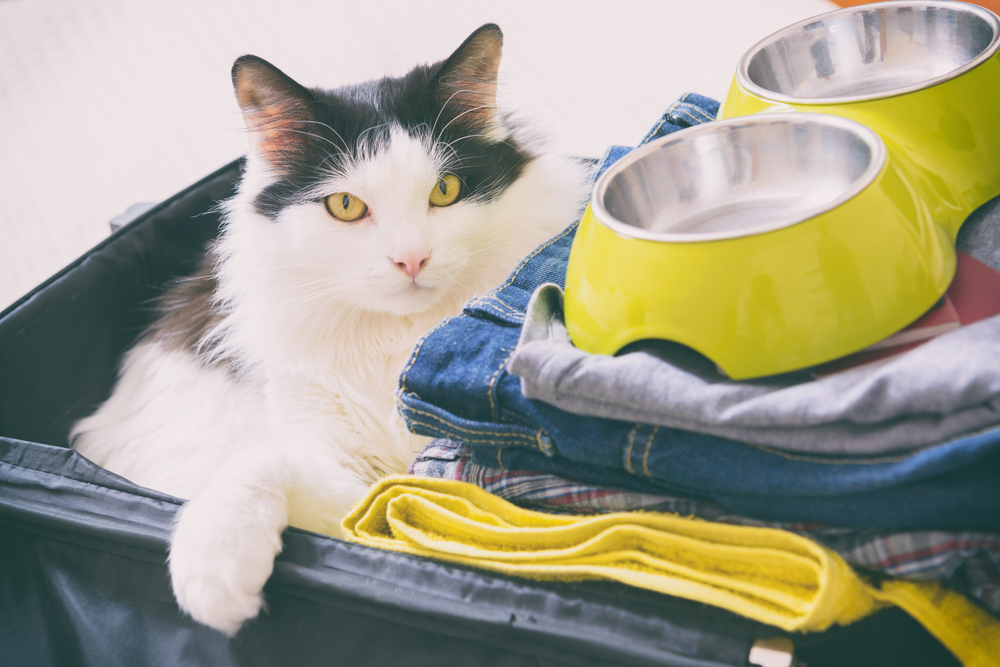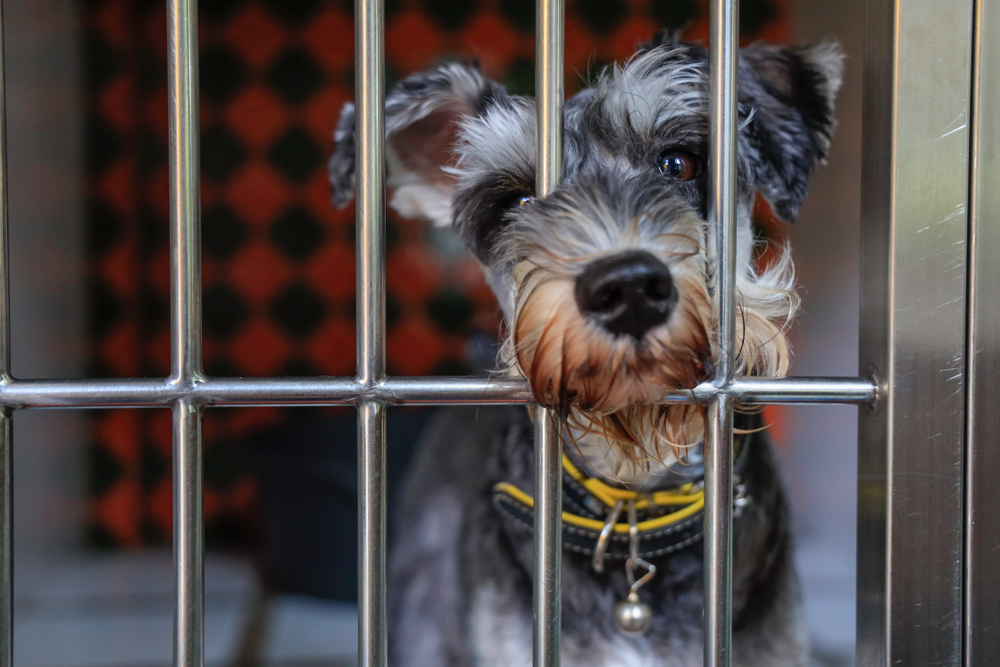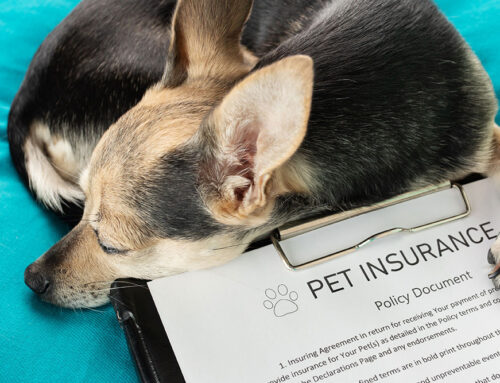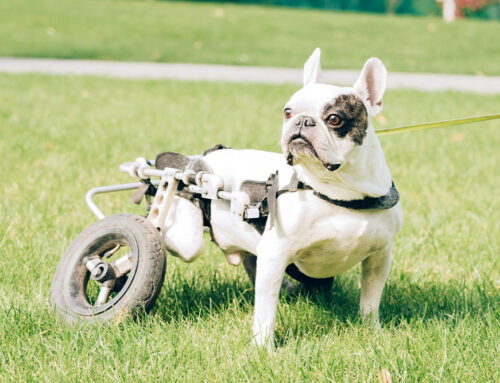When you have a work trip scheduled or are planning a summer getaway, you may wonder if traveling without your pet is really worth it. Thoughts of whether you should stay or go run through your mind, and it can be a struggle to decide to leave your pet in someone else’s care.
To help you feel at ease with entrusting your pet’s wellbeing and care to someone else while you travel, our Star of Texas Veterinary Hospital team answers common questions about pet boarding.
Question: What pet care options are available when I travel?
Answer: The most common accommodations for pets when their families are out of town include:
- Boarding facilities — Boarding facilities are one of the most popular options because they are designed specifically to house pets. Facilities can range from wire dog runs placed next to each other, to luxury suites furnished with couches and TVs. Many boarding facilities offer additional services, such as doggy day care, one-on-one play sessions, or grooming.
- Veterinary hospitals — Some veterinary hospitals offer accommodations for their clients or other pet owners in their community. These accommodations typically are more geared toward pets with medical issues who need experienced care.
- In-home boarding — People may offer housing in their own homes for pets whose owners need to travel. Oftentimes, these people have pets of their own, so having a meet-and-greet beforehand is a good idea to help your pet settle in and ensure they are comfortable with their caretaker and the other pets.
- Pet sitters — Pet sitters generally come to your home to take care of your pet, and may either stay in your home while you are gone, or drop by to feed, water, and exercise your pet.
- Family and friends — A trusted family member or friend can either stay in your home or house your pet in theirs, provided your furry pal interacts well with any potential pets.
Q: What should I look for in a boarding facility?
A: When looking for accommodations for your pet, consider the following:
- Licenses and certifications for housing pets
- Insurance policies
- Veterinarian access
- Vaccination policy
- Housing arrangements
- Hygiene
- Play areas
- Exercise schedule
- Staff experience and qualifications
- Online reviews
Q: What should I do if my pet needs medications?
A: Having a pet who requires daily medical attention doesn’t preclude you from traveling. An experienced friend, pet sitter, or veterinary hospital can ensure your pet receives the medical treatment they require, and can monitor your furry pal for adverse effects and health problems. Ask about the caretaker’s experience in handling your pet’s specific needs, whether they require insulin injections or transdermal medication, or have other unique medical concerns.
Q: What should I do if my pet doesn’t like other animals?
A: If your pet prefers to be a homebody—alone—hiring a pet sitter to come to your home is the most ideal situation. Or, if you have a friend or family member who does not have pets, your four-legged friend may enjoy a stay with them. Housing your pet in a crowded boarding facility when they do not like other animals can increase their stress to overwhelming levels. Fortunately, however, many options are available for pets who do not enjoy being around other cats or dogs.
Q: What should I bring for my pet’s boarding stay?
A: Before loading up all your pet’s belongings for a stay at a boarding facility or with a friend, contact them to see what is essential and what should be left at home. Many places provide their own bowls, bedding, and leashes, and some provide special diets and treats designed to minimize stress-induced gastroenteritis.
Regardless of how much your boarding facility provides, there are a few essentials every pet needs:
- A collar with current ID tags
- Prescription medications
- Supplements
- Parasite prevention if due
- Favorite toy
- Preferred food and treats
Q: How should I prepare for my pet’s boarding stay?

A: When deciding to board your pet, follow these tips to ensure you are prepared:
- Schedule your pet’s stay — Book your pet’s stay well in advance to ensure they have room.
- Vaccinate your pet — Check with the boarding facility to see which vaccinations are required, and have your pet get booster shots if necessary. Ideally, vaccinate your pet two weeks before their boarding stay if they are due to ensure their immune system has ample time to produce antibodies.
- Refill medications — Don’t let your pet run out of essential medications. Refill prescriptions and send them along to the boarding facility.
- Pick up extra food — Abruptly switching your pet’s diet can cause diarrhea and vomiting, so ensure your furry pal has plenty of food for their stay.
- Drop by for a quick visit — If possible, bring your pet by to meet the staff and scope out the facility, making it a familiar environment.
- Print out records — Print out or email a copy of your pet’s vaccination records and medical history to the boarding facility so they have the information if needed.
- Pack your pet’s bags — Double-check your pet’s bags after packing their necessities to ensure they have everything they need, plus extra in case you are delayed.
Before you hit the road—or take to the skies—ensure your furry pal is well-prepared for their boarding adventure. Give our Star of Texas Veterinary Hospital team a call to schedule a vaccination booster appointment, or to refill prescription medications.






